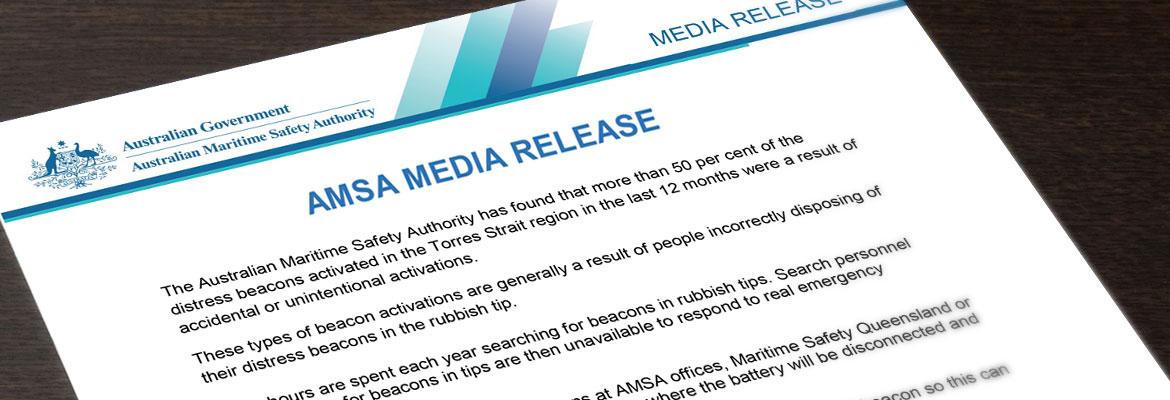
The 12 participants started the Certificate III in Fishing Operations and Wild Harvest Dive Operations course in November, and participated in training activities in Tasmania and the Torres Strait to gain the accreditation.
The TSMPP is an initiative of the Torres Strait Marine Safety Program (TSMSP) - a partnership between the Australian Maritime Safety Authority (AMSA), Maritime Safety Queensland, Torres Strait Regional Authority (TSRA), Queensland Police Service and and the National Maritime Safety Authority of Papua New Guinea.
The primary aim of the TSMPP is to further develop the skills and capability of Torres Strait Islander and Aboriginal people to operate commercial vessels and create pathways for careers in maritime related industries such as fishing, tourism, coastal trading and the offshore maritime shipping industry.
A recent commitment of funding from the TSRA will help provide a dedicated training vessel for the program, and support a number of course participants through payment of course fees, travel and accommodation.
The Certificate III in Fishing Operations course included two weeks on site at the Australian Maritime College in Launceston to develop skills in a range of specialised seafood industry sectors. This was followed by a two week advanced dive program within the Great Barrier Reef area, which focused on training in safe methods of free dive and scuba or surface-supplied dive operations, and locating, capturing and handling of wild harvest resources.
One of the course participants, Charles David, said the seafood industry provided the main source of household income for a large number of Torres Strait Islander and Aboriginal people, and the knowledge received through the training will go a long way in furthering his skills in this industry.
“To have a certification in the commercial seafood and fishing industry is a very important step for my people in the Torres Strait in building an industry for economic benefits,” Mr David said.
“This training is designed to skill up the next generation to be able to be self-employed because up where we’re from, the fishing and seafood industry is the key employment opportunity for the people of the Torres Strait,” he said.
The Certificate III in Fishing Operations provides specialised seafood industry training for students who wish to undertake roles either owning or operating primary fishing vessels, or in onshore support industries such as freezer and transport facilities.
Commercial qualifications and experience gained through these tailored training models enables the participants to contribute to the economic development and sustainability of their communities in the Torres Strait.
The course also looks at marine safety education and safe working practices to ensure the number of marine related incidents continues to drop in the Torres Strait.
AMSA’s TSMPP Senior Program Advisor, Shaun Skerritt, said he was delighted by the 100 per cent completion rate.
“This training required the students to be away from home for more than five weeks, but it was great to see their strong commitment to the training throughout the duration of the course,” Mr Skerritt said.
“All twelve participants should hold their heads high knowing they have achieved certifications in the highest levels of marine training,” he said.